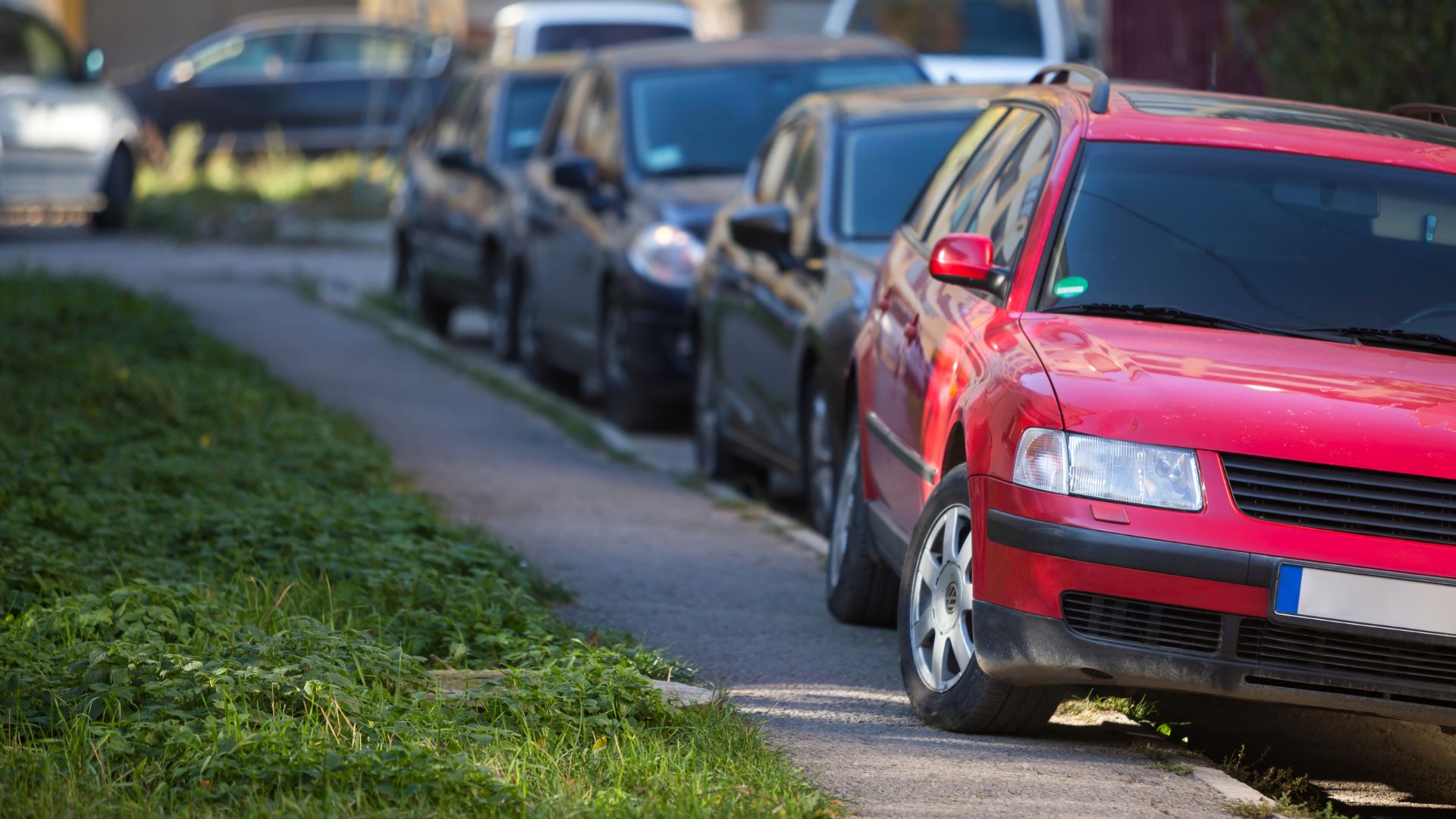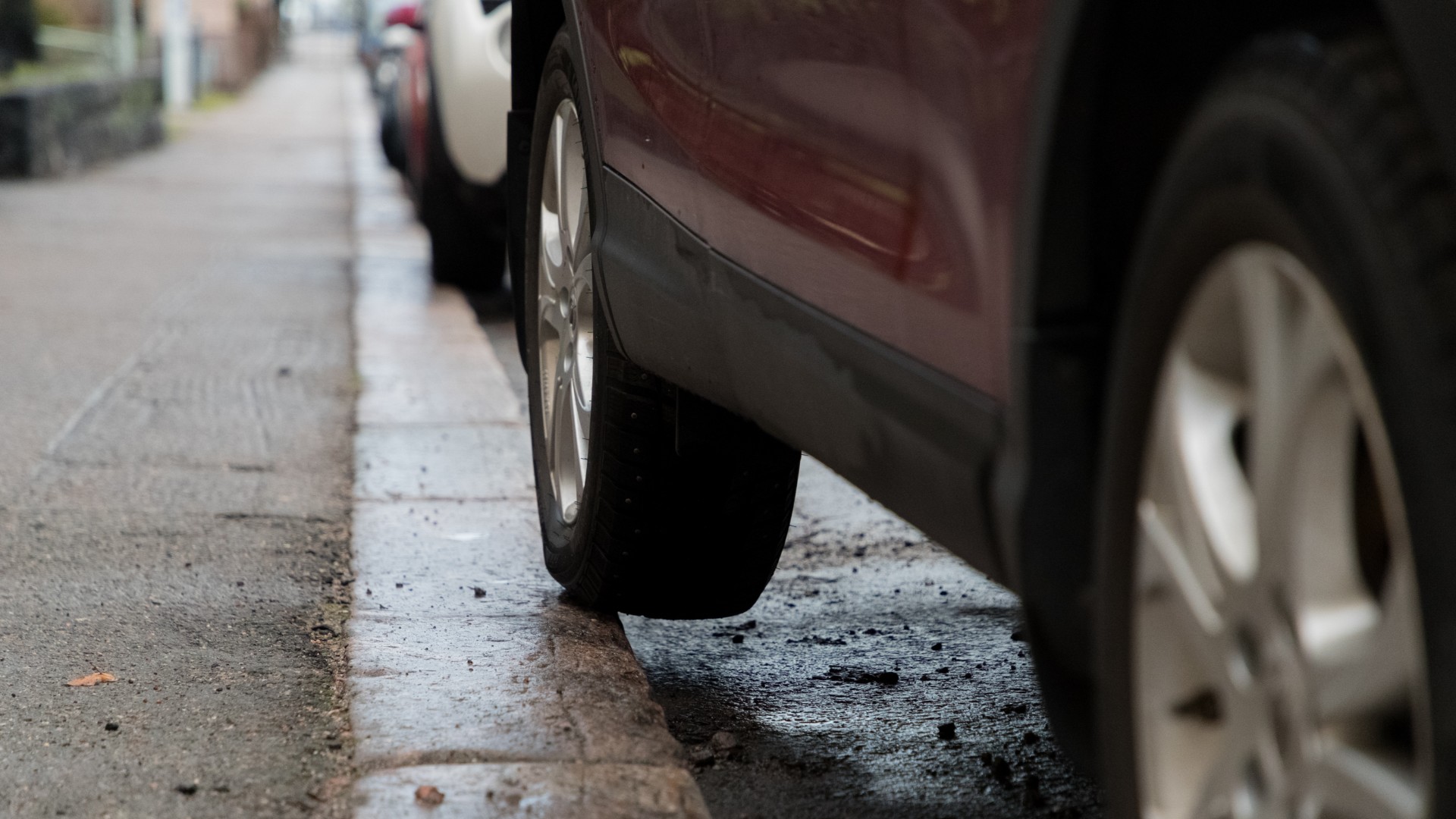
The Department of Transport (DfT) has suggested that pavement parking could be banned in the UK, pending a consultation.
The ban would be in aid of pedestrians, who may struggle with cars obstructing pathways. The elderly, and those in wheelchairs or with buggies are considered the most inconvenienced by pavement parking.
One of the primary concerns is the social isolation and loneliness a blocked pavement can cause, if older or impaired people are unable to get out.

The government has outlined its response to the Transport Committee’s 2019 report. The DfT says it:
- Will address pavement parking in the Loneliness Strategy consultation ‘in the near future’
- Will run a consultation on a national ban on pavement parking, increasing awareness and understanding of the issue
- Will consider an offence of ‘obstructive pavement parking’, or ‘unnecessary obstruction’, enforceable by police and local councils
- Will commit to further consultation this year on specific changes needed for Traffic Regulation Orders

In London, a pavement parking ban has been in effect for nearly 50 years. While opening up walkways for pedestrians, it also ensures they sustain less damage.
Pavement parking in London can see drivers landed with a fine of up to £100. Their car could even be towed away. All that’s needed is one or two wheels up on the footway to break the rules.
“I am pleased the government has taken on board the previous committee’s concerns about the very real difficulties presented by pavement parking and our proposed solutions,” said Huw Merriman MP in response to the DfT’s commitments.

“There is much to praise in this response and we particularly welcome the Department for Transport’s intention to consult the public on how a ban on pavement parking would work for them.
“However, we have to now deliver this change. The government promised to look into the issue in 2015 but consultations, round-table events and internal reviews failed to lead to any actions to improve the experience of the public. This government has signalled an intent to finally deliver change. We now need a detailed timeframe from the Department for Transport to ensure this happens.”
RAC comment: “Not all streets are the same”

“Blocking pavements impacts most on those with disabilities and those pushing buggies and creates unnecessary danger for pedestrians,” said RAC head of roads policy, Nicholas Lyes.
“In short, nobody should be forced into stepping into the road to get around a vehicle that has taken up pavement space, so the government is right to explore giving local authorities additional powers to enforce this type of selfish parking.
“However, outlawing pavement parking as a whole is more complex because not all streets in the UK are the same. For example, some drivers will put a tyre up the kerb on a narrow residential street to avoid restricting road access to other vehicles, while still allowing plenty of space for pedestrian access. Therefore better guidance and a definition of what is and isn’t appropriate would be a more practical solution, rather than an outright ban.”